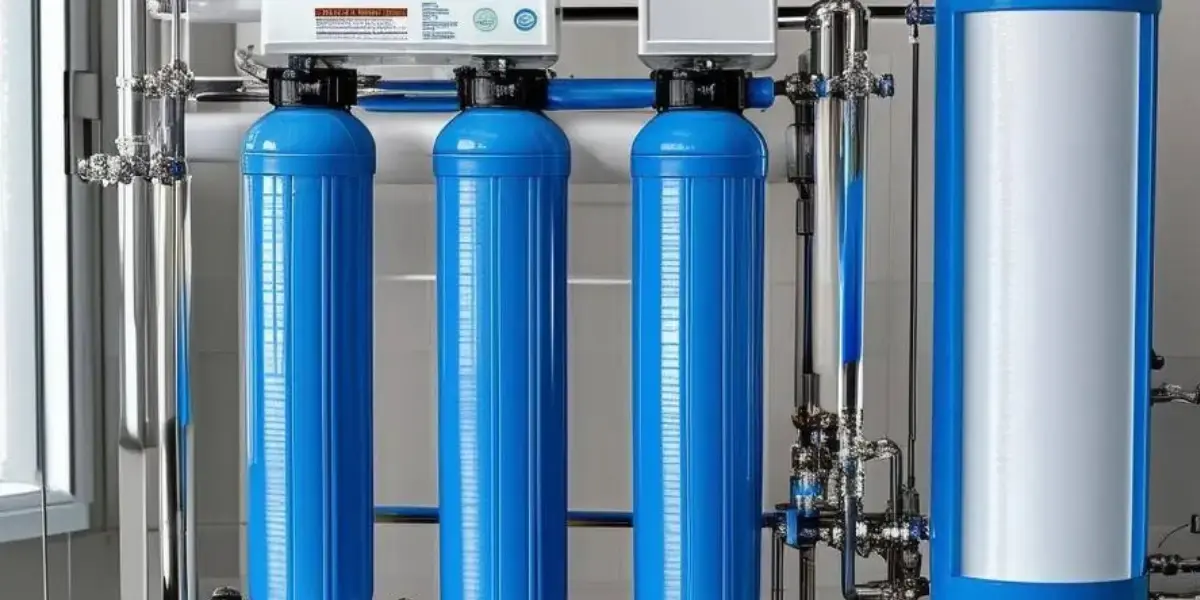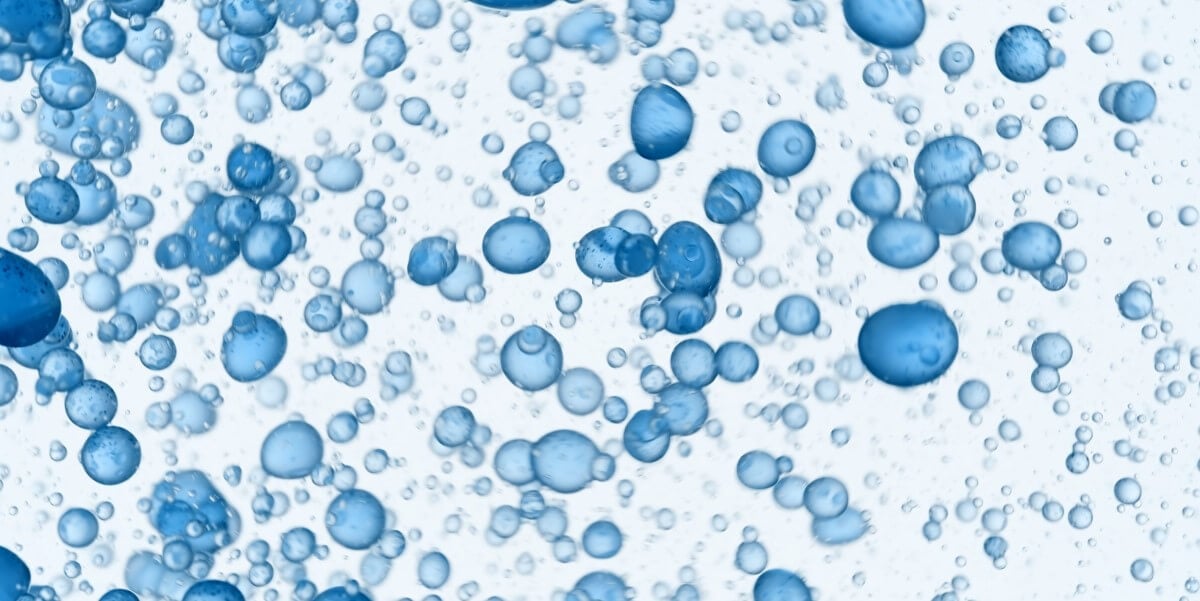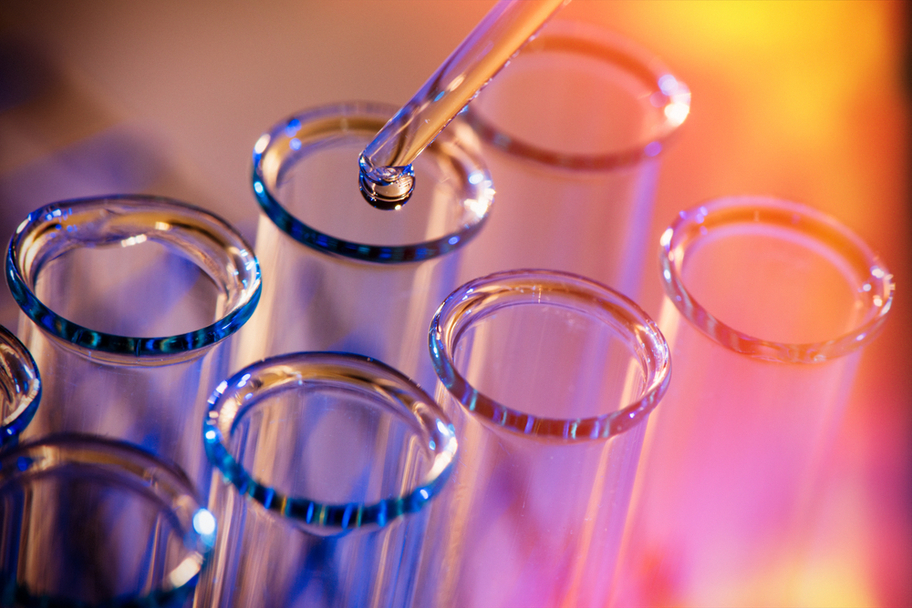Hypochlorous acid: The safe, powerful alternative to traditional biocides
In the search for cleaner, safer water systems, the water treatment industry is constantly on the lookout for more effective, sustainable solutions. Enter active chlorine released from Hypochlorous Acid (HOCl), a biocide that offers a compelling alternative to traditional disinfection methods like Chlorine Dioxide.
Following the shutdown of many business premises during the Covid pandemic many companies continue to face an uphill struggle in preventing the proliferation of bacteria like Legionella in their water systems.
Ian Wedd, Product Group Manager at WCS, explains the problem:
“Disuse of hot and cold-water systems over lockdown caused bacteria to manifest and colonise, making it exceedingly difficult to eradicate them once they've settled into a system.”
Some systems have never properly recovered, requiring continued secondary disinfection treatment with biocides like Chlorine Dioxide.
Traditional biocides are costly to buy and a headache to store
But the complexity and expense of these chemicals, their tendency to deteriorate and the COSHH requirements for safe handling and storage - can be a real headache for companies who want to streamline their control regime while reducing costs.
Luckily, there is a new and revolutionary technology on the market that provides an excellent resolution to these problems.
What is Hypochlorous Acid?
HOCl is a highly effective broad-spectrum oxidising biocide that works by penetrating the cell membrane and attacking the DNA of bacteria and pathogens - including Legionella and Pseudomonas - causing their ultimate annihilation.
“It is this ability of hypochlorous acid to penetrate the cell membrane that leads to the generally accepted view that hypochlorous acid is the most effective disinfectant in the chlorine family.”
What sets HOCl apart?
HOCl, is a weak acid which can be created by the electrolysis of ordinary water and salt. It’s a highly effective biocide, a less hazardous and often less costly alternative to many other biocidal products.
-
It is easy to use with reduced requirements for handling and storage of potentially harmful chemicals.
-
Provides both primary and secondary disinfection.
- It eliminates pathogens, while remaining active in the water to prevent regrowth.
Proportionally dosed, at target dosing of 0.5ppm, HOCl is non-corrosive and remains stable in domestic hot and cold-water systems. The water remains potable and there is no taste or odour issues.
What are your dosing options?
Building managers now have two basic options to implement a HOCl dosing regime.
Buy premade, single drums of Ultralox40 HOCl solution
Using a pre-made Ultralox40 Hypochlorous Acid (HOCl) solution for water disinfection offers a straightforward and flexible approach, particularly suited for smaller operations or facilities with limited space for additional equipment.
This method involves purchasing Ultralox40 stabilized HOCl in liquid form, which can be proportionally dosed into a water system via a simple dosing mechanism.
Install a HOCl generator unit
However, for businesses dealing with greater volumes of water, purchasing a HOCl generation unit such as the Danish, GENOX Generator System is recommended. As Ian says:
“If more than 15 tonnes of water need to be treated daily, it becomes more cost-effective to invest in an in-situ generator rather than continuously purchasing pre-made HOCl solutions”
The advantages of a generator to dose your system automatically are numerous.
-
Enables, controlled, proportional dosing in real time.
-
No need for any hazardous chemical storage and handling.
-
Low-cost of raw materials and minimal maintenance – requires only salt, water and electricity.
-
Easy to monitor, control and maintain.
-
Reduces waste from packaging and transport.
-
Ensures HOCl is produced in exact quantities to further reduce waste and ensure greater effectiveness.
Long term, fitting a generator could be the most efficient (and cost-effective) way to control and prevent the growth of dangerous bacteria in your system.
“Right now, WCS is the only company in the UK who can supply and fit this kind of generator in the UK, thanks to an exclusive agreement with our partners, Danish Clean Water. But WCS Group will always give you clear and unbiased advice on the best solution for a particular project, dependent on the building, its usage, any pre-existing contaminant and risk factors."
Use biocides safely. Always read the label and product information before use.
Topics: Water Treatment & Hygiene

Written by Jon Greaves
Jon has progressively worked through operational roles, account management, technical management, and senior management roles over the last 16 years within one of the group companies before moving into the role of Water and Air Managing Director. Jon has experience across multiple sectors of water and air compliance, including district energy networks; data centres; healthcare; food and beverage and facilities management. Jon acted as a corresponding steering committee member on CIBSE CP1 – Heat Networks Code of Practice for the UK released in 2020.




